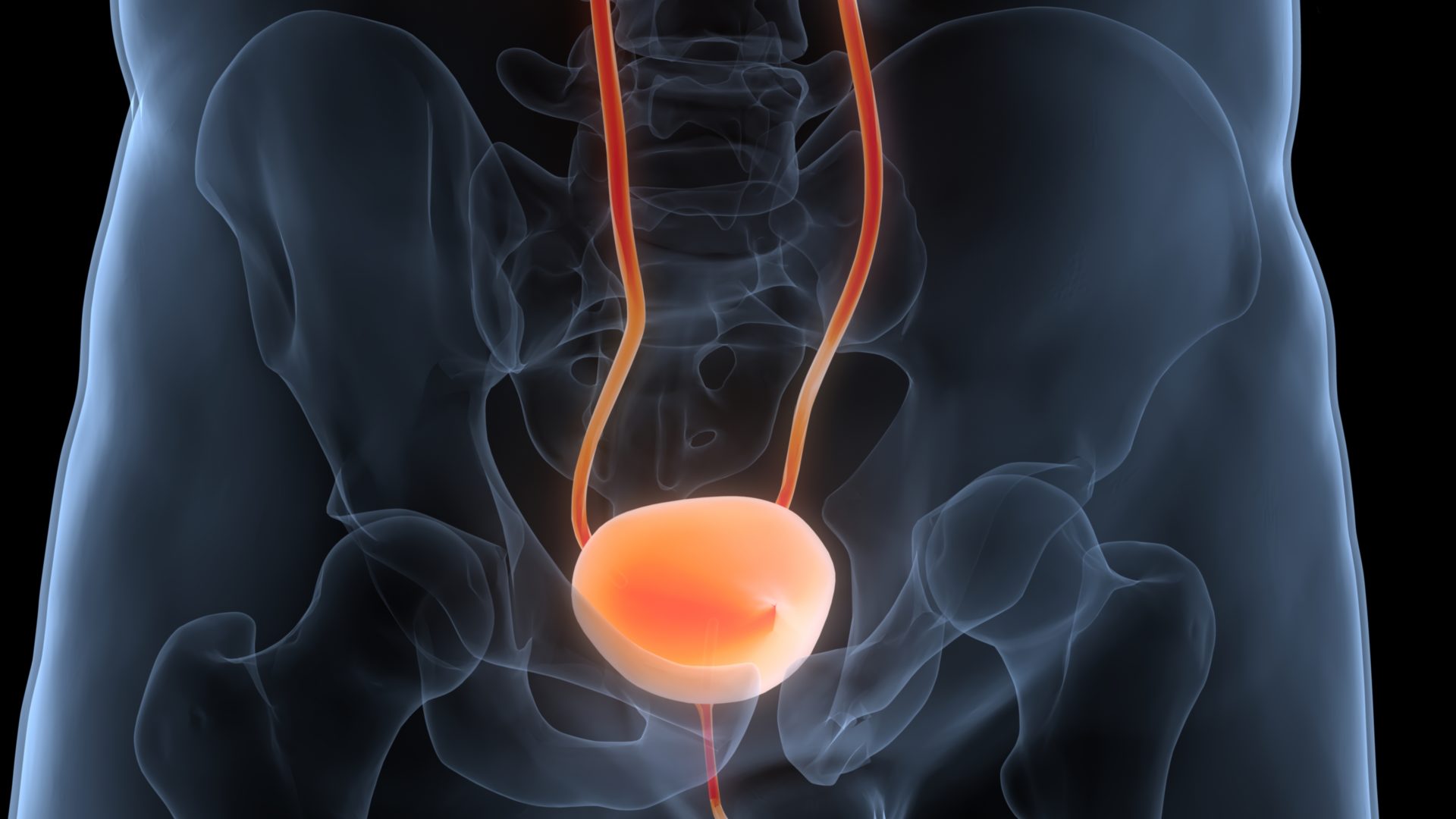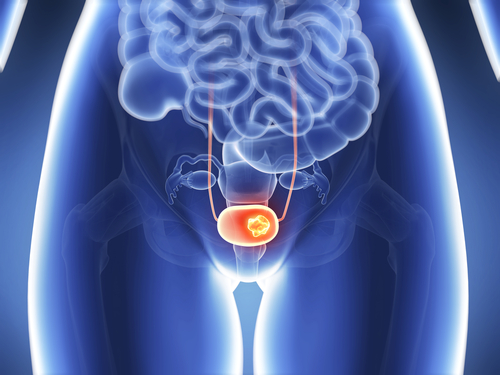A study aimed to assess the value of three-dimensional (3D) ultrasound based on deep learning and continued nursing health monitoring (CNHM) mode in promoting the recovery of bladder cancer patients following surgery. The findings were reported in the journal Computational and Mathematical Methods in Medicine.
In this study, researchers analyzed 60 patients who underwent muscular noninvasive superficial bladder cancer, and bladder perfusion treatment. The population of interest were randomly divided into two groups: an experimental group (30 cases), and a control group (30 cases). As per the researchers, patients in the experimental group adopted a CNHM model during the bladder perfusion treatment, while patients in control group adopted ordinary health monitoring mode. All patients underwent 3D ultrasound examination, and all images were processed using the convolutional neural network (CNN) algorithm, the researchers noted.
According to the results, ultrasound image processed by the CNN algorithm was clearer than that processed by the original method, showing higher image quality and more prominent lesion features. Following 12 months of health monitoring intervention, the overall health status, scores of various functional areas, and score of functional subscales of the experimental group were observed to be markedly higher than those of the control group, and the differences were noted to statistically significant (P < 0.05). Moreover, incidence of adverse reactions in the experimental group was considerably lower than that in the control group (P < 0.05), and the comparison of the recurrence rate between the two groups of patients in each time period was statistically significant.
“CNN algorithm showed high application value in 3D ultrasound image processing, and the CNHM model was very beneficial to the postoperative recovery of bladder cancer patients,” the researchers concluded.
Keywords: ultrasound images, bladder cancer, bladder tumor









